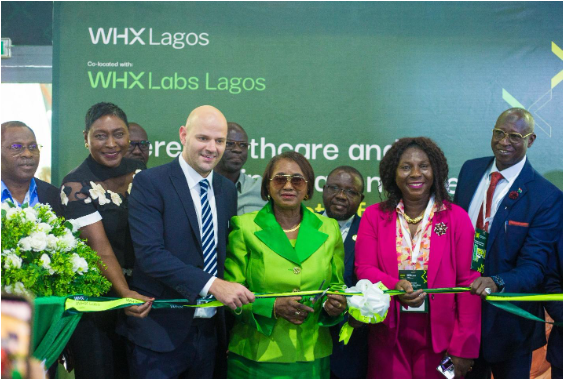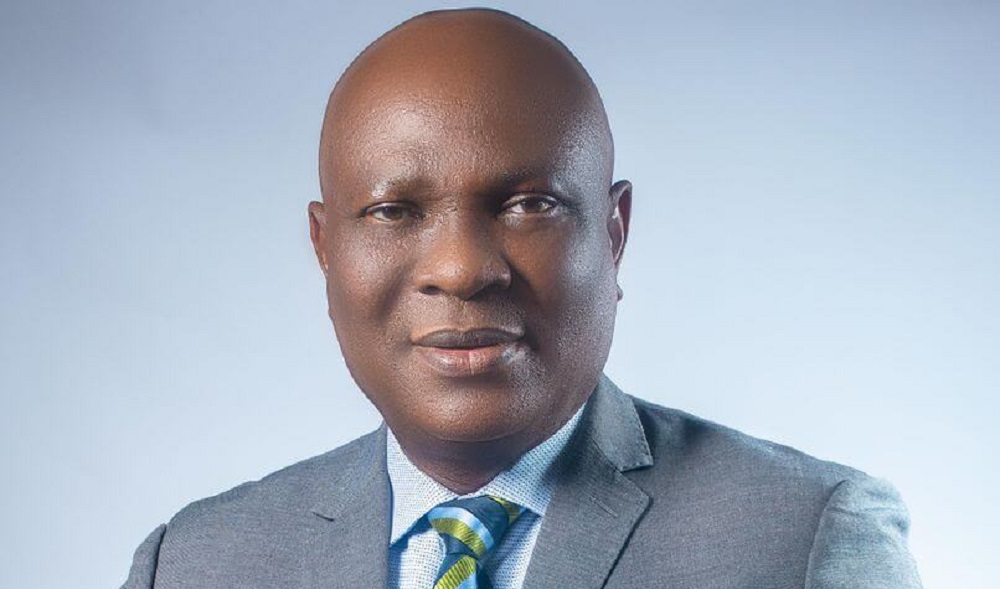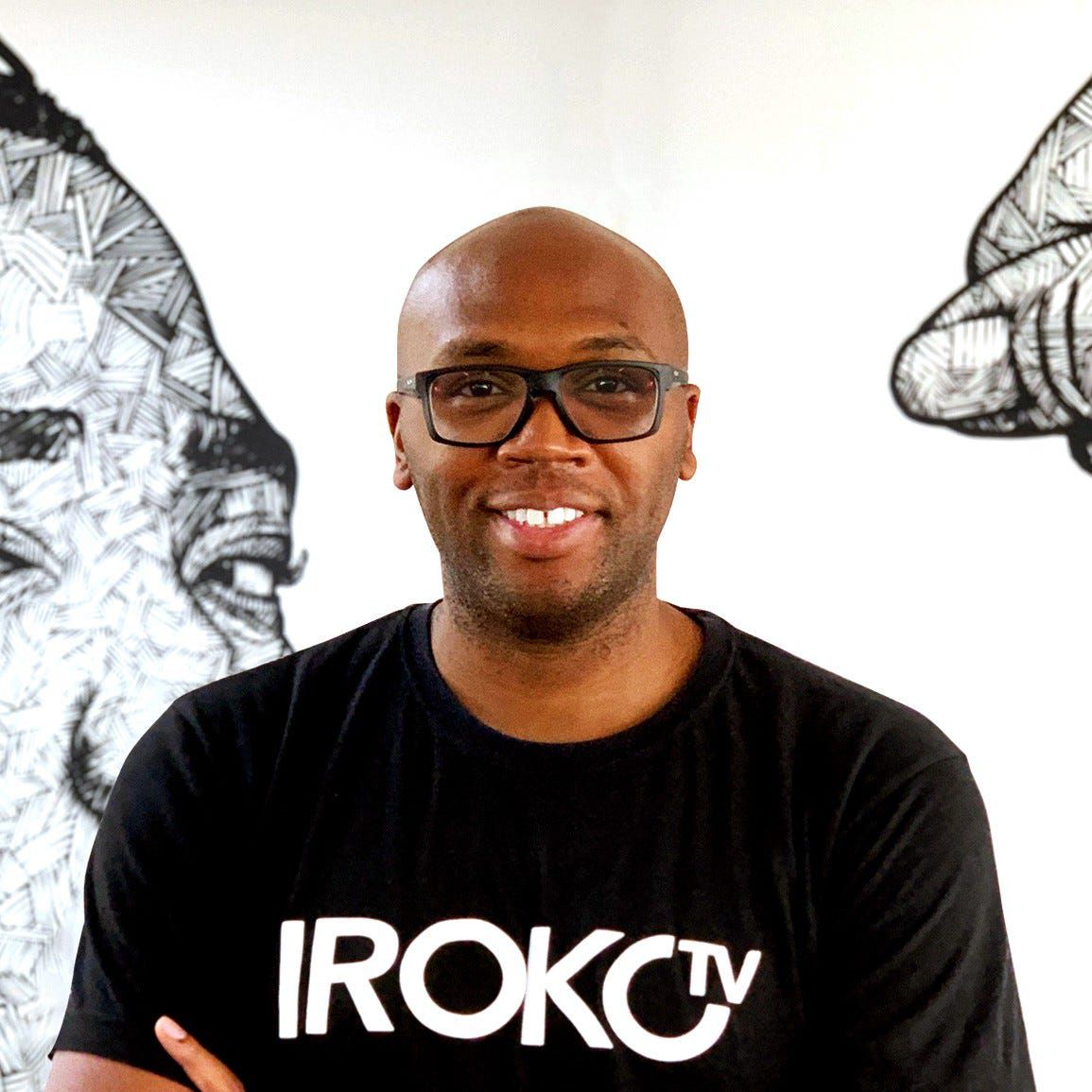Nigeria Targets Top 80 Spot On Global Human Capital Index By 2030 – Shettima

The Nigerian government has reaffirmed its commitment to improving the country’s standing on the global Human Capital Index (HCI) and ranking among the top 80 nations by the year 2030.
Vice President Kashim Shettima made this known on Monday in Uyo, Akwa Ibom State, while launching the state’s National Human Capital Development (HCD) Accelerator Project and the ARISE Human Capital Development Strategy.
Shettima, who also toured ongoing ARISE HCD projects such as model primary schools and an environmental reclamation park, commended Akwa Ibom for being the first state in the country to fully implement the national HCD blueprint across all its local government areas.
He stressed that grassroots-driven policies are essential to achieving meaningful national development, adding that the education, health, and productivity of citizens remain the true indicators of a nation’s wealth.
The Vice President noted that the federal government has commenced the second phase of its Human Capital Development Programme, known as HCD 2.0, which builds on earlier efforts with a renewed focus on integration and measurable impact.
To support this approach, he unveiled a national HCD Dashboard that will be used to track key development indicators and ensure that data translates directly into real-world results.
Drawing attention to Akwa Ibom’s performance on national indicators, Shettima noted the state’s under-five mortality rate of 80 compared to the national average of 110, and a significantly lower out-of-school rate of 3.5% among primary-age children, well below the national average of 25.6%.
He described the state’s achievements as evidence of leadership and a model for others to follow.
The Vice President also launched “Project Fuuku,” a clean cookstove initiative designed to tackle health, environmental, and gender issues. He described the programme as a climate-conscious and gender-sensitive intervention that improves public health and empowers rural women affected by indoor air pollution and fuel scarcity.
To ensure the long-term sustainability of these interventions, Shettima announced plans to institutionalise an HCD Fund, stressing that the goal of attaining a Human Capital Index score of 0.6 by 2030 requires bold action, swift implementation, data-driven decisions, and innovative financing models. He stated that investments in human capital—education, health, and opportunity—constitute a lasting legacy beyond physical infrastructure.
Akwa Ibom State Governor, Pastor Umo Eno, praised the federal government for its non-partisan approach to development and reaffirmed the state’s commitment to the HCD agenda. He disclosed plans to send an Executive Bill to the state assembly to domesticate the human capital programme, ensuring its continuity and reach across local councils.
National Coordinator of Human Capital Development and Special Adviser to the President on NEC, Rukaiya El-Rufai, recalled Nigeria’s current ranking of 168 out of 174 countries on the Human Capital Index. She underscored the importance of long-term commitment and policy continuity, commending both Shettima and Eno for championing the initiative.
Dr. Nathaniel Adiakpan, Chairman of the Akwa Ibom Human Capital Development Council, described the ARISE Strategy as a roadmap to equip citizens through education, skills, and innovation. He noted that the initiative symbolizes a renewed hope in transforming the state’s human development landscape.
The event also featured presentation of clean cookstoves to beneficiaries by the Vice President. Dignitaries in attendance included top government officials from both federal and state levels, as well as representatives of development partners and the private sector.
Nigeria Targets Top 80 Spot On Global Human Capital Index By 2030 – Shettima is first published on The Whistler Newspaper




